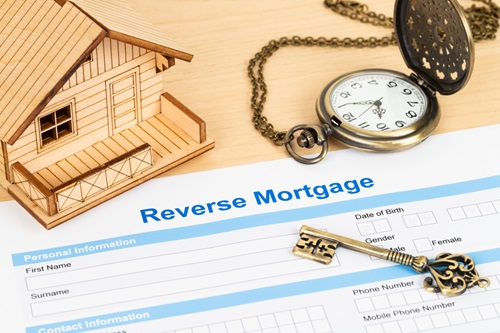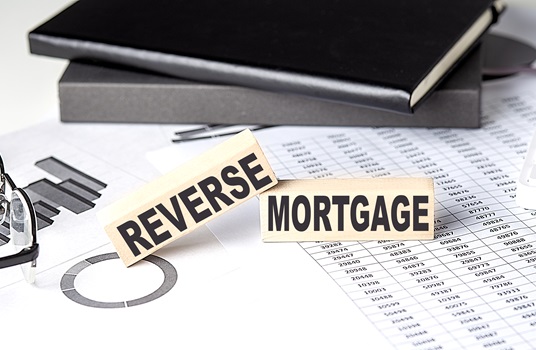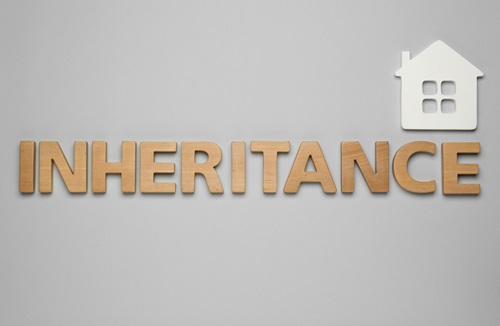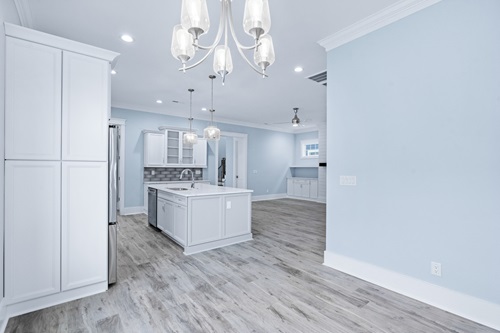
Reverse mortgage loans offer a financial lifeline for older homeowners, enabling them to access their home equity without immediate repayment obligations. These loans are particularly beneficial for covering essential expenses like healthcare and home repairs. However, the process of securing a reverse mortgage and managing home repairs involves several critical steps and considerations.
The Basics of Reverse Mortgage Loans
Reverse mortgage loans, specifically the Home Equity Conversion Mortgage (HECM), allow homeowners to convert part of their home equity into cash. Unlike traditional mortgages, borrowers don’t need to make monthly payments. Instead, the loan balance becomes due when the homeowner sells the house, moves out permanently, or passes away. Nevertheless, homeowners must stay current on property taxes, insurance, and maintenance to avoid foreclosure.
The Importance of Home Appraisals
Meanwhile, a home appraisal is a mandatory step in obtaining a Myrtle Beach reverse mortgage. This assessment, carried out by a certified appraiser, determines the market value of the home and checks if it meets the minimum property standards set by the U.S. Department of Housing and Urban Development (HUD). The appraisal also identifies necessary repairs to ensure the home’s safety and livability.
Additionally, the appraised value, along with the age of the youngest borrower and current interest rates, influences the loan amount. The underwriter will review the appraisal report to decide whether there’s need to complete the repairs before or after the loan closing.
 Managing Repairs Before Closing
Managing Repairs Before Closing
Pay attention to essential repairs, especially those impacting the home’s structural integrity or posing safety risks, before closing the loan. You need to address issues like roof leaks, mold, or foundational problems to meet HUD’s standards. Homeowners can fund these repairs through personal savings, loans from family members, or other financing options. Once you complete the repairs, the appraiser will reinspect the property to confirm compliance.
Utilizing Repair Set-Asides for Post-Closing Repairs
For repairs that are less critical, lenders may allocate a portion of the loan proceeds into a repair set-aside account. This arrangement ensures funding and completion of the necessary after the loan closes. The set-aside amount, typically limited to 15% of the home’s value, includes a timeline for completion to avoid default.
Post-Closing Repair Procedures
After closing, homeowners need to prioritize completing the specified repairs within the allocated timeframe, usually six months to a year. Communication with the loan servicer is crucial throughout this process. Homeowners must choose reliable contractors and schedule inspections to ensure the work meets HUD standards. Timely completion and inspection of these repairs are essential to accessing any remaining loan proceeds.
Key Considerations for Repair Set-Asides
- Repairs should be completed within six to twelve months after closing.
- Contractors should agree to payment upon work completion to ensure compliance.
- Repair estimates are often adjusted to account for potential cost overruns.
- Inspections are necessary before releasing funds for completed repairs.
- Remaining loan proceeds become accessible after the repair completion and inspection.
Proactive Home Maintenance with a Reverse Mortgage
Reverse mortgage loans in Myrtle Beach can significantly aid in maintaining and improving home conditions. Regular upkeep and timely repairs not only preserve the home’s value but also ensure a safe living environment. Homeowners should stay informed about local and federal programs that offer additional support for home repairs, especially for seniors.
Reverse mortgage loans provide a unique opportunity for older homeowners to address home repairs and other financial needs without immediate repayment pressures. By understanding the appraisal process, repair requirements, and the use of repair set-asides, homeowners can effectively manage their home’s maintenance and preserve its value. This proactive approach ensures that the home remains a safe and comfortable place to live.
Are you ready to learn more about how a reverse mortgage can support your home maintenance needs? Contact David Stacy Reverse Mortgage Specialist to discuss your options and find the best solutions for your financial and home repair needs.
David Stacy Reverse Mortgage Specialist
Myrtle Beach, SC 29577
(843) 491-1436
https://www.reverse-info.com
We serve all of Horry County including: North Myrtle Beach, Carolina Forest, Socastee, Forestbrook, Conway, Surfside Beach, Little River, Myrtle Beach, Forestbrook




 Home Equity Conversion Mortgages
Home Equity Conversion Mortgages
 Real-Life Applications of
Real-Life Applications of 
 Potential Drawbacks
Potential Drawbacks
 Transfer the Deed to the Lender
Transfer the Deed to the Lender
 Making A Home Purchase
Making A Home Purchase

 Health and Longevity
Health and Longevity